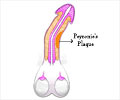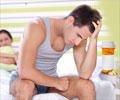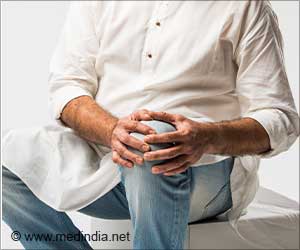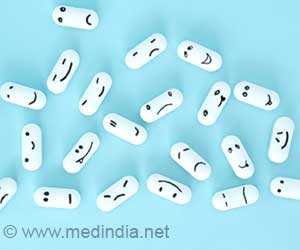Impotent men are significantly more likely to be current smokers than men in the general population. Incidence of ED is on the rise.

Age
The incidence of ED increases strongly with age, especially after the age of 60 years. A 100% increase occurs by each one-decade increment in age for 50- to 75-y-old men. The older the men, the higher the reports of ED.
Obesity
Erection occurs due to the entry and retention of blood in sponge-like bodies within the penis. This hydraulic effect is often initiated by sexual arousal. Thus any factor that hampers blood circulation in the penis can cause ED. Obesity is associated with the development of chronic diseases such as diabetes, hypertension, heart disease and hyperlipidemia. All of these affect the vasculature of the penis and thus increases ones risk of developing ED.
Coffee
The effect of caffeine has been unclear for a while. Some studies have said that it has a protective effect on ED while others branded it as a risk factor. Newer concepts however say that coffee intake does not have an effect on ED.
Alcohol
‘It provokes your desire but takes away the performance’ is what is generally believed about alcohol and ED. However the newer studies have cast its doubts on this and suggests that alcohol consumption may not directly have an effect on the incidence of ED; however if it leads to cirrhosis then the hormonal alterations can surely cause ED.
Smoking
Conflicting findings from various previous studies kept the association between smoking and ED unclear. Impotent men are significantly more likely to be current smokers than men in the general population. Smoking damages the vascular system and thus leading to ED. However current research studies also shows that when the vascular damage is already present in a person, smoking does not give any additional risk. The incidence of ED for past smokers has also been found to be slightly higher than non-smokers.
Smoking results in cardiovascular and cerebrovascular diseases and in the long run hampers the mechanisms responsible for bringing erection.
Socioeconomic status
The association between socioeconomic status and ED has not been well established. The effect depends on factors like life-style factors and medical conditions. Higher socioeconomic status has been linked to better health. Though low education is taken as a marker of high prevalence of non-diagnosed diseases, the current studies say that education doesn’t have a significant effect on the incidence of ED.A healthy life style devoid of chronic diseases obviously eliminates ones risk of erectile dysfunction. Forget the controversies and lack of clarity; it would be wise to quit smoking, alcohol, and step out of the fast food culture. Sounds difficult indeed, but genuine efforts will save you from failing when you need it the most!
Reference:- Medscape
Source-Medindia















